Table of Contents
Technology is evolving, and it is moving in every industry. With no exception of industry, technological advancements have moved to the healthcare industry as well.
It wouldn’t be wrong to say that technology has shaken up the world and has a hold over everything. From small COVID testing kits to complex systems like MRI scanners, automated surgeries, etc., technology has come a long way in the healthcare industry. However, all these advancements are in medical equipment.
The latest innovation in the healthcare industry is the use of applications. You will be surprised to know how mobile app development in Dubai has reformed the way the healthcare business operated before, from monitoring blood pressure, food intake, weight, heart rate, and physical activity to consulting healthcare professionals online. All this has become possible with just a single application.
These applications are all interconnected. From connecting healthcare professionals to clients to connecting equipment, data, and systems, all this is possible due to technological advancements.
Technological Advancements in Healthcare that Prioritize Wellness
Medical technologies impact lives by improving health and contributing to sustainable healthcare. It includes innovations including devices, applications, diagnostics, and much more.
In this blog, we will discuss how technological advancements are revolutionizing healthcare operations. Furthermore, we will also discuss how it has shaped the future of healthcare.
Early and Accurate Diagnosis
The innovation in the medical field has enabled the diagnosis of medical problems early and accurately. It allows intervening early, which leads to improved outcomes. The innovation in medical technology allows the replacement, repair, and sustaining of failing body functions. Moreover, telemedicine, applications, websites, and connected devices allow the monitoring of the condition of the patient remotely.
Gathering Data and Analysis
Healthcare systems can use this advancement as an opportunity to enhance the customer experience. How? Using healthcare applications, wearables, and diagnostic solutions. Furthermore, these technologies help the medical staff gather all the resourceful information about the patient, sorts out the relevant information, and analyze it through an automated system. This enables healthcare professionals to gather all the important healthcare analytics and insights that catalyze the decision-making process.
Tracking and Alerts
Tracking plays a crucial role in keeping track of health in people that are more prone to a life-threatening situation. The medical IoT devices capture all the crucial data and pass it real quick to the respective professional. After tracking, alerts can be dropped via mobile apps or through other connected devices to people who are at risk.
The reports give an accurate opinion about the risks and the actions required to perform. Moreover, these reports allow informed decisions and measures to be taken. The technological advancements permit tracking, monitoring, alerting, performing procedures, diagnosis, intervention, and enhancing the outcome of the patient care delivery.
Monitoring & Reporting
Automating the monitoring and reporting process through medical technologies saves time and lives to a large extent. Medical data and histories can be accessed within minutes, eliminating the need to go through huge piles of data.
According to a study conducted by the Center of Connected Health Policy, a fifty percent reduction was shown in the 30-day readmission rate in heart failure patients that were monitored remotely. Furthermore, the on-spot monitoring and tracking of health encourages people to be more aware of their health and motivates them to stay fit. Similarly, there are applications that follow approaches to empower individuals to lead a healthy lifestyle.
Connecting Systems with Clients
The fusion of the healthcare industry with technology has helped in streamlining routine tasks. It has made booking appointments and finding reliable healthcare professionals operating in your area simple. Moreover, it allows the patient to check the reports online, learn more about the services offered, the prices, and much more.
In contrast, the technology has enabled the professionals to gain quick access to the patient’s information. The healthcare and wellness mobile applications allow patients to update their medical records, insurance details, payment methods, get in touch with the staff, or consult with the doctor in a matter of seconds. The seamless and end-to-end connectivity saves a huge chunk of effort as well as the cost.
Remote Medical Assistance
In the recent times of the global Covid-19 pandemic affecting our lives, the significance of remote medical assistance has increased. Many healthcare businesses are leaping over the fence and jumping into the tech-driven world. This has made access to medical facilities easier for people living in remote and under-developed areas simply as well.
Individuals living in areas that lack access to advanced medical facilities can benefit from these telehealth and tech-health services. Nowadays, everybody has access to a smartphone. Therefore, an application made specifically for the purpose of providing quality healthcare services can cater to their needs. These applications can give the patients unhindered access to healthcare amenities regardless of their locations. As a result, global health will improve.
Similarly, for developed countries, healthcare software to record medical history and details electronically has become a standard operating procedure. Gone are the times when records were saved in heaps of files. These saved records can help healthcare organizations as well as patients. It enables doctors to have a comprehensive record of their patients’ histories to make a more accurate diagnostic assessment.
Benefits of Technological Advancement in Healthcare Industry
Helps Patients
It helps patients by diagnosing early and accurately and enables timely intervention before it is too late. These medical technology advancements have accelerated recovery and helped in keeping people healthy and leading active lives.
Supports Healthcare Professionals
As discussed above, these advancements enable early diagnosis. The timely and precise diagnosis allows the healthcare professionals to base their decisions and optimize the patient outcomes accordingly. These advancements help the healthcare professionals by taking off the pressure from them and empowering them to focus on tasks that are the most important.
Improves the Healthcare System
It helps society stay active socially as well as economically by preventing serious complications of diseases. Hence, these technologies add value to the healthcare system. Furthermore, it enhances the sustainability of the healthcare system. It facilitates advancements and brings the best out of data and machines to healthcare businesses of all sizes.
Final Words
Healthcare is changing in front of our eyes. We are observing an exemplary shift from physically operating models to proactive online operating models that focus on outcomes. Patients and healthcare professionals are all-embracing technology as it reduces both costs and labor. Therefore, it won’t be wrong to say that managing care plans and ensuring adherence to the plans has never been simpler. Providers, employees, and patients, all are simultaneously reaping the perks of these cutting-edge technologies.
Table of Contents

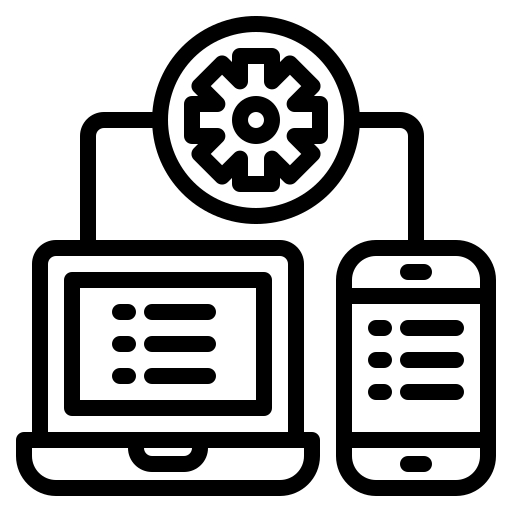 Application Development
Application Development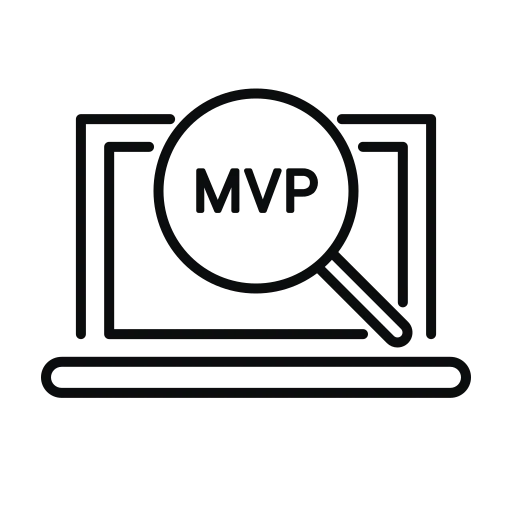 MVP Development
MVP Development E-commerce Development
E-commerce Development Digital Marketing
Digital Marketing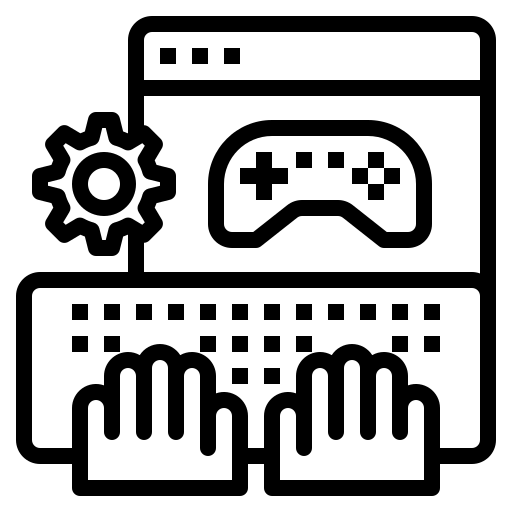 Game Development
Game Development Strategic Design Consultancy
Strategic Design Consultancy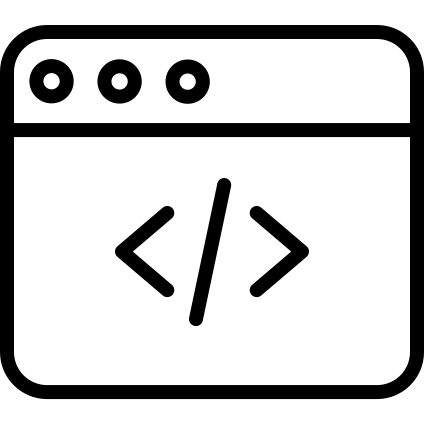 Web Development
Web Development Startups
Startups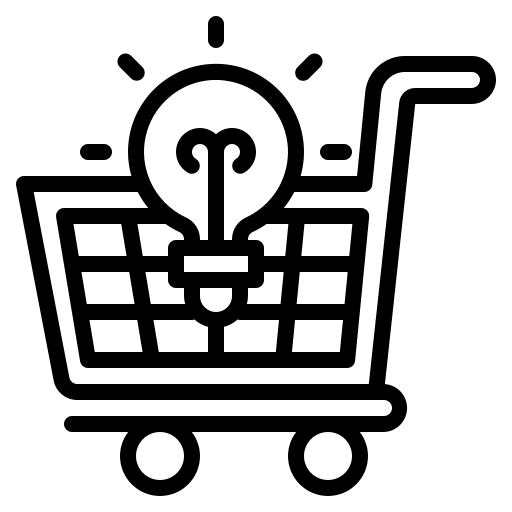 E-Commerce Solution
E-Commerce Solution Booking App
Booking App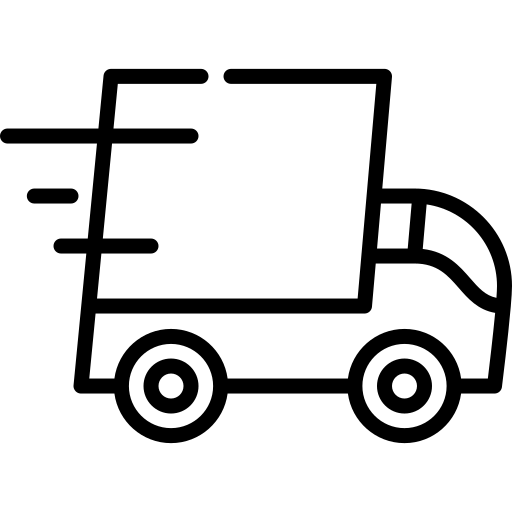 On Demand Delivery
On Demand Delivery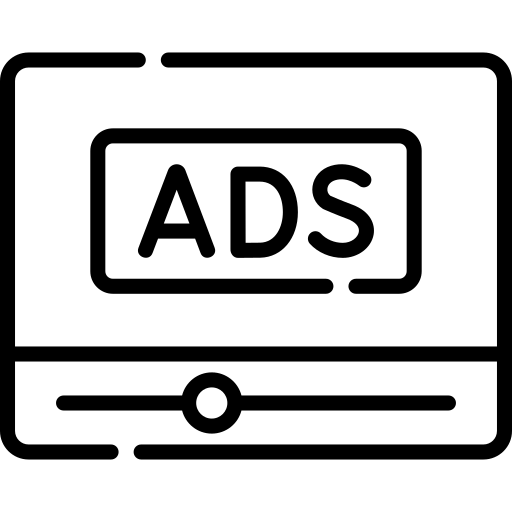 Advertising
Advertising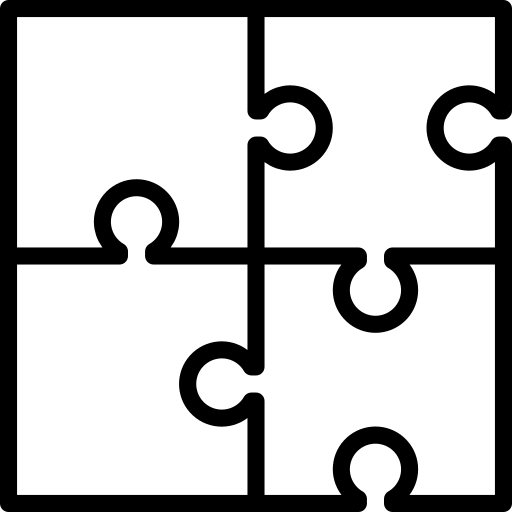 Gaming & Leisure
Gaming & Leisure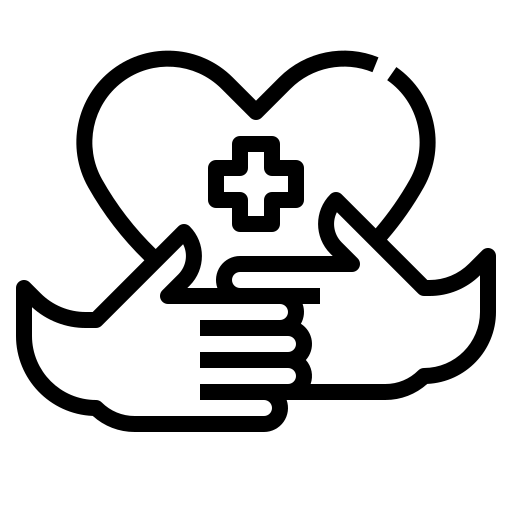 Health and Life Sciences
Health and Life Sciences Financial Software Development
Financial Software Development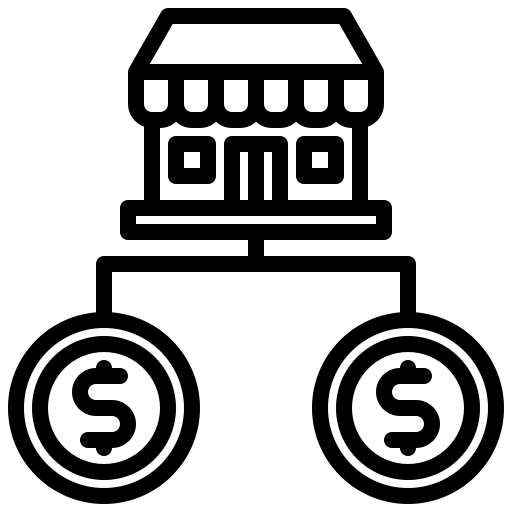 E-commerce & Retails
E-commerce & Retails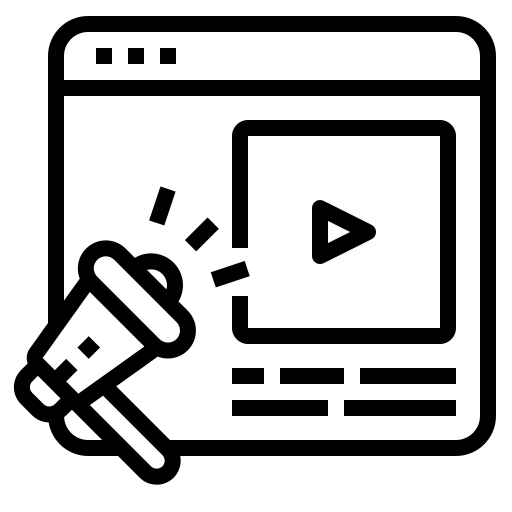 Media & Entertainment
Media & Entertainment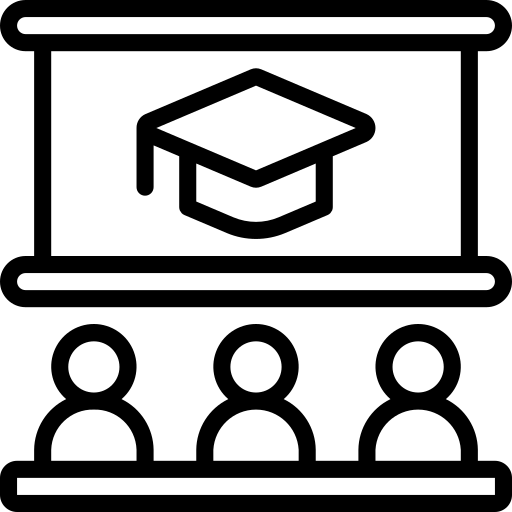 Education & Human Resources
Education & Human Resources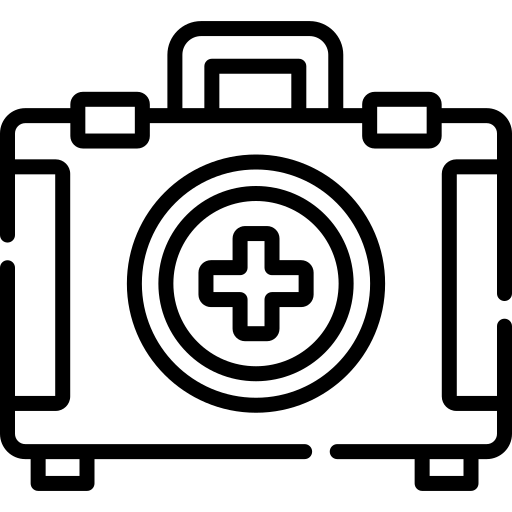 Travel & Hospitality
Travel & Hospitality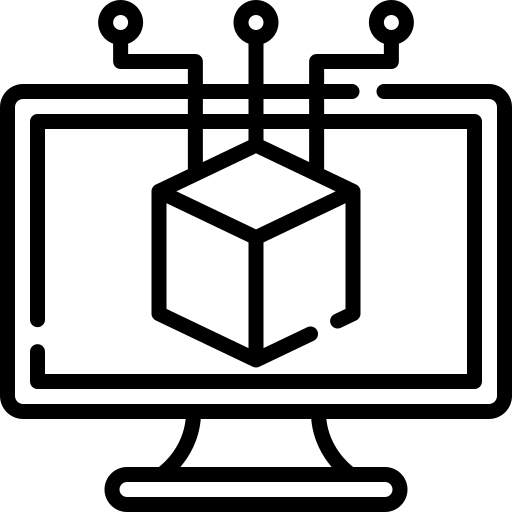 Software & High Tech
Software & High Tech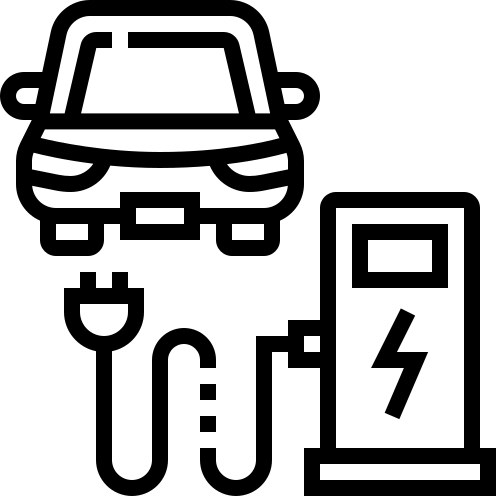 Automotive and Transport
Automotive and Transport Sports Teams & Leagues
Sports Teams & Leagues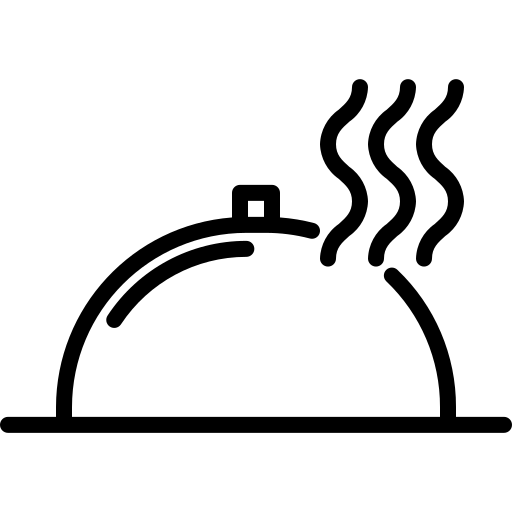 Restaurant Management
Restaurant Management Real Estate
Real Estate Social Platform
Social Platform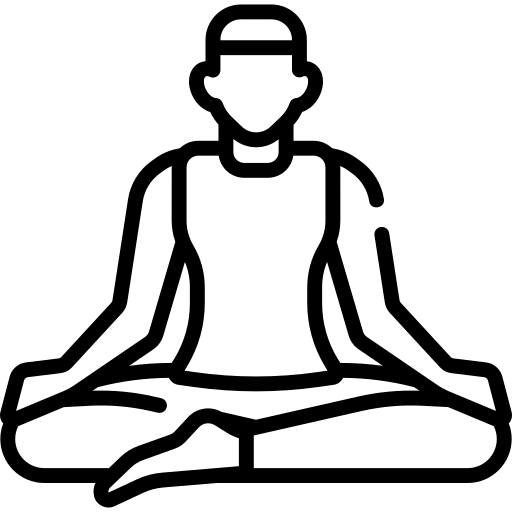 Fitness
Fitness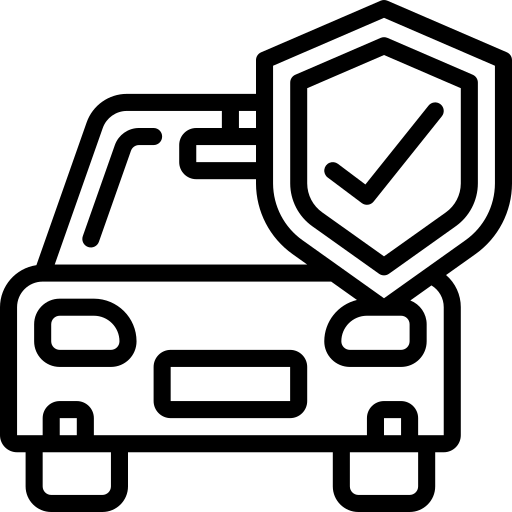 Fleet Management
Fleet Management